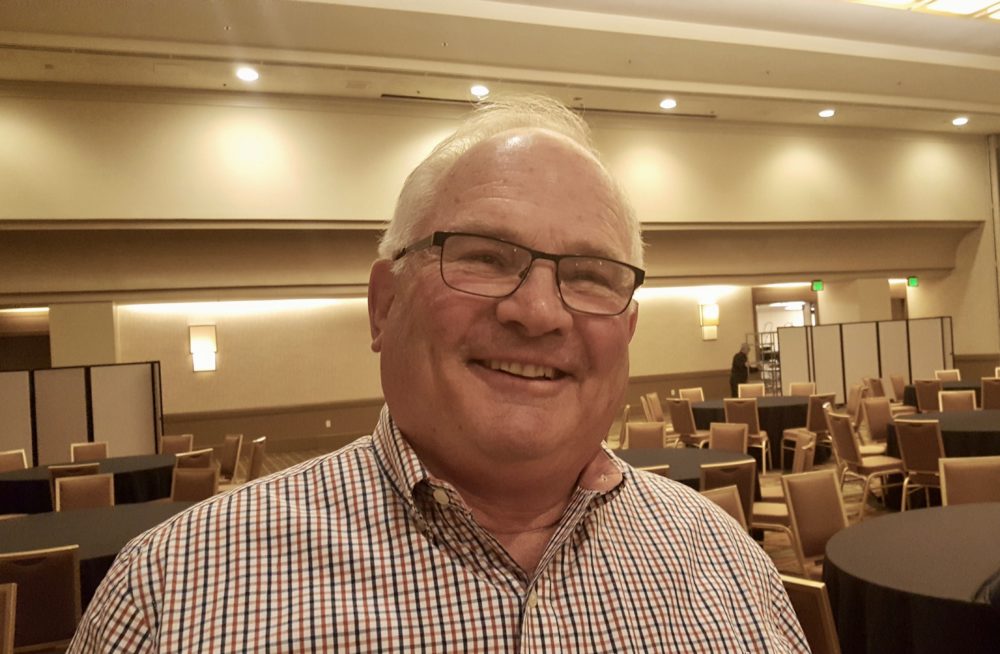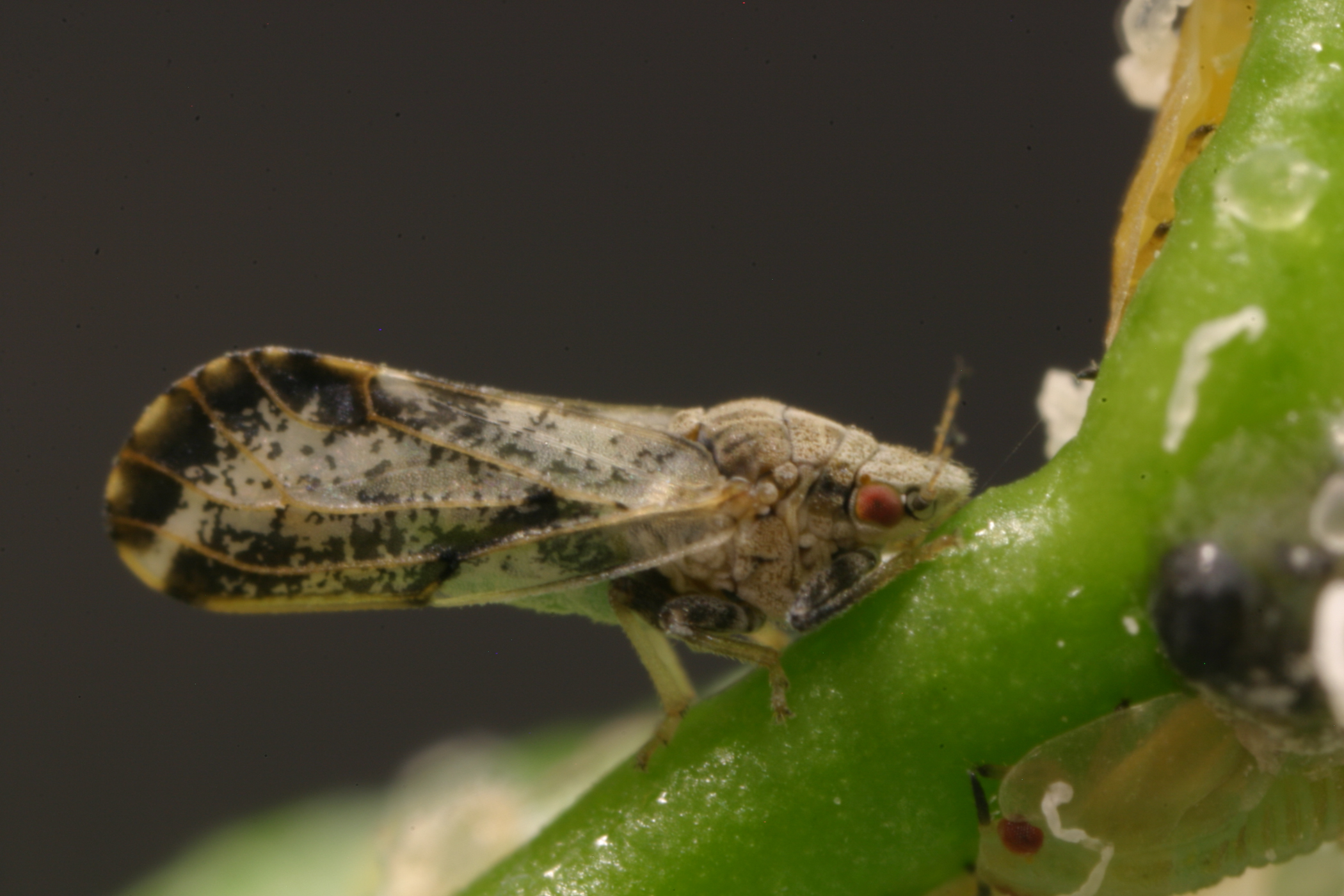Farm Bill
Citrus Mutual Encouraged by Farm Bill
California Citrus Mutual Commends Congress for Action on 2018 Farm Bill
News Release
This week, the U.S. Senate and the House passed the Agriculture Improvement Act of 2018, commonly known as the 2018 Farm Bill, with overwhelming bipartisan support. This legislation will direct agricultural policy and authorize funding for key agricultural programs in the federal government for the next 5 years.
President Trump has the opportunity to enact the 2018 Farm Bill before the end of the year.
CCM President Joel Nelsen offers the following statement:
“California Citrus Mutual applauds the Farm Bill conferees and House and Senate Ag Committees for moving forward a bill that includes priority programs for specialty crop producers. Jeff Denham, Jim Costa, and Jimmy Panetta were crucial voices for California farmers on the House Ag Committee. Along with Representatives Julia Brownley, Ken Calvert, and David Valadao, the California Members were instrumental to securing funding for research, trade and market enhancement, and pest and disease prevention that will directly benefit California specialty crop producers.
“With support from Congressmen Kevin McCarthy and Devin Nunes and Senators Feinstein and Harris, key programs and funding for the U.S. citrus industry will continue in the next Farm Bill.
“The U.S. citrus industry will receive funding to continue priority research to identify a solution to Huanglongbing, a devastating plant disease that is threatening the sustainability of our domestic citrus industry. This is a significant win for U.S. citrus growers.
“On behalf of the California citrus industry, I thank the Congressmen and Congresswoman, our U.S. Senators, and our colleagues in the specialty crop industry who worked diligently over the past several months to create a bipartisan Farm Bill that provides crucial resources to ensure our farmers can continue providing nutritious produce to Americans and people around the world.”
The 2018 Farm Bill includes $25 million per year for 5 years starting in 2019 for research specific to the invasive insect Asian citrus psyllid and deadly plant disease Huanglongbing (HLB). This Emergency Citrus Disease Research and Development Trust Fund will build upon the program created in the Specialty Crop Research Initiative (SCRI) title in the 2014 Farm Bill and complements the $40 million per year program funded by California citrus growers to stop the spread of HLB.
The legislation also includes funding for the USDA Animal and Plant Health Inspection Service’s (APHIS) Plant Pest and Disease Management and Disaster Prevention Program and the National Clean Plant Network (NCPN). Additionally, funding will continue for the Technical Assistance for Specialty Crops (TASC) program, which helps growers overcome artificial trade barriers. TASC has been in operation for over fifteen years and was created to address sanitary and phytosanitary issues and technical barriers to trade that prohibit or threaten exports of U.S. specialty crops.
















